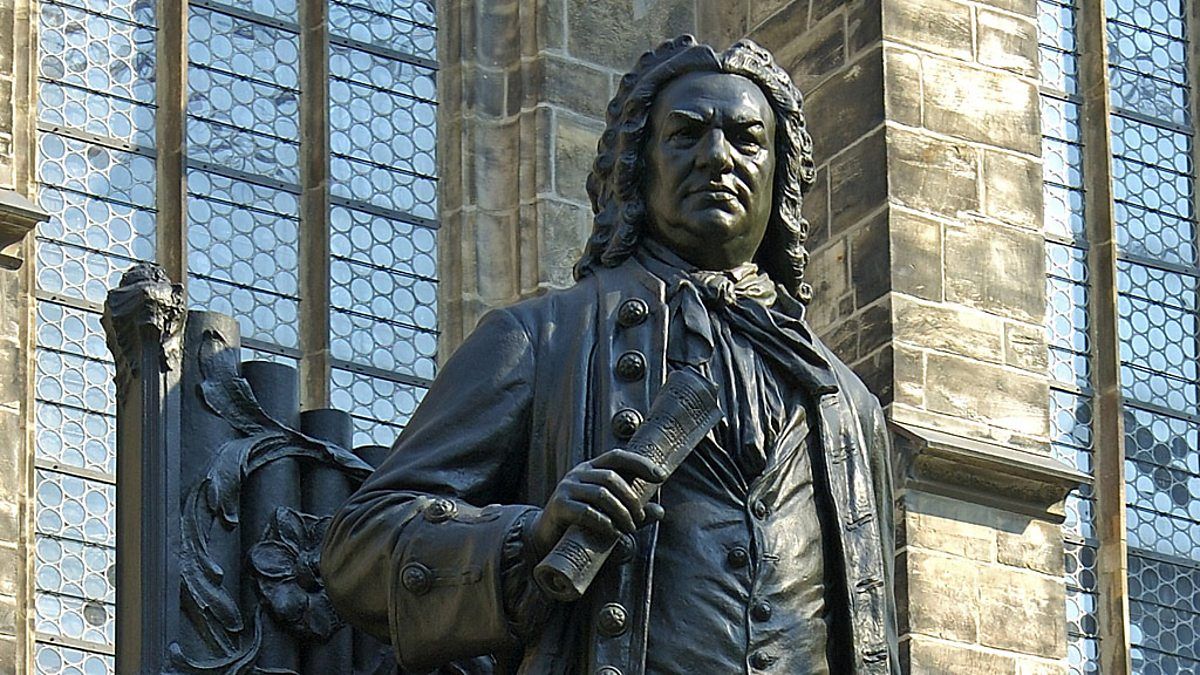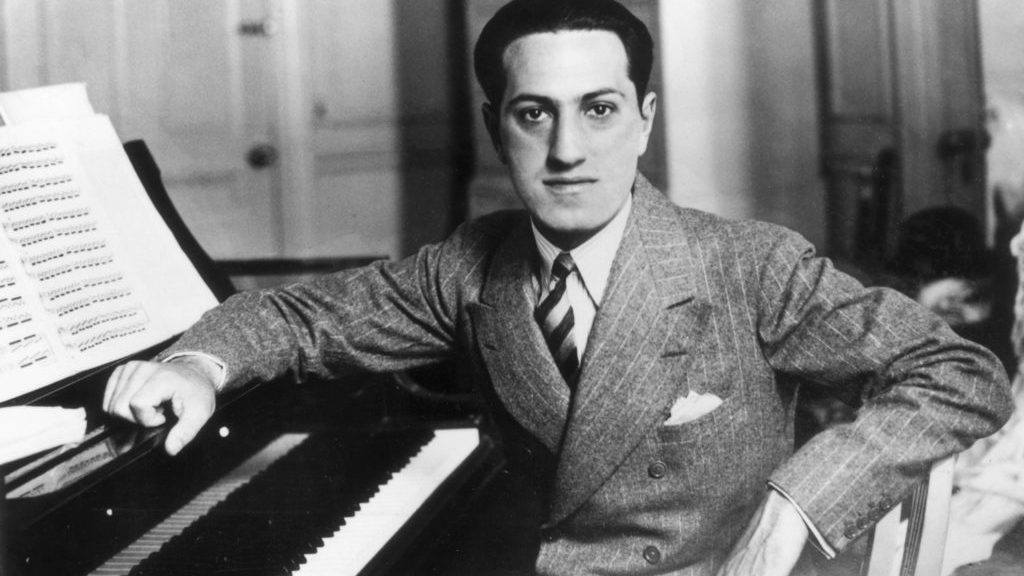Wagner’s “Die Walküre”: Five Key Excerpts
Die Walküre (“The Valkyrie”) is the second of four operas that make up Wagner’s Ring cycle. The story, based on Norse mythology, involves the Volsung twins Sieglinde and Siegmund, who are separated at childhood. When they meet and fall in love, the gods are angry and demand that Siegmund must die. Wotan’s daughter Brünnhilde faces the retribution of the gods after valiantly saving Sieglinde and the couple’s unborn child, Siegfried. Prelude to …





